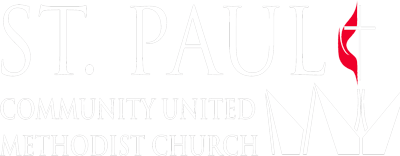Matthew 13:24-30, 36-43
Some of Jesus’ parables make me uncomfortable. The Parable of the Wheat and Weeds is one such example. At the conclusion of Jesus’ message, I am left to ask, “Is he talking about me?”
The basic meaning of the parable seems straight forward. Jesus explains that the field is the world, and the landowner is Jesus, who sows good seed, a metaphor for the children of God’s kingdom. The weeds are the children of the evil one. This is the present world in which we live. Good and evil coexist and are in some instances indistinguishable from one another.
The Middle East is known for a grass called Zawan. Zawan is a weed that grows alongside wheat. Zawan looks like wheat. It grows alongside wheat. But it is not wheat. Zawan is the bane of many a farmer’s existence.
It’s an easy thing to conclude that Jesus is talking about two different kinds of people. People who, like wheat, are good, wholesome, and beneficial versus those who, like Zawan, are deceitful, immoral, and destructive. But what if these two forms of vegetative life reside in the same field, namely me?
I often remind myself that I am vulnerable to having weeds sown into my life. The kinds of shows I watch to the messages I read on social media. My mind is susceptible to entertaining thoughts and ideas that oppose God’s kingdom.
Plus, I am not always certain how pure my motives are. My intentions may play host to seeds of both selflessness and generosity. The good thing I do for someone else may serve as a disguise for bettering my own position.
And if I have difficulty identifying the Zawan that exists within the boundaries of my own garden, what gives me the right to judge others for the sorry shape of their properties? The fact is I must remain cognizant that all fields belong to God. For the Psalmist claimed that “He is our God and we are the people of his pasture…” (Psalm 95:7, NLT).
